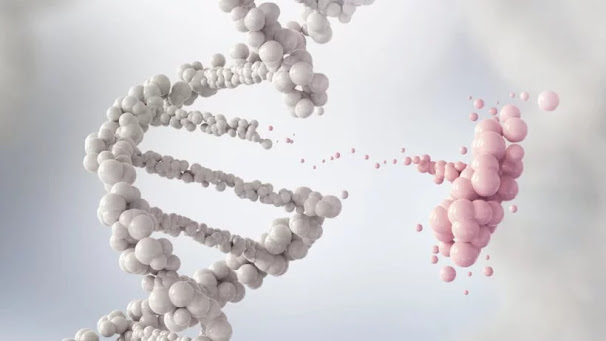''' '' STUDENTS -RESEARCH-
STAGGERS '' '''
''YOU : THE ESTEEMED GLOBAL FOUNDER FRAMERS OF !WOW! : Rabo, Dee, Haleema, Zilli, Juniper [Japan], Lakshmi [India], Sahar [ KIngs College], Eman [LUMS], Soryia [Bangladesh], Nayab [KSA] Mayna, Hanyia, Merium......
Engineers Hussain, Shahzaib, Salar, Sannan [Germany] Sharayar, Ehsan, Vishnu, and then Ali, Ahsen [US], Ghazi, Hamza, Toby [China], Zaeem, Bilai, Hazeem, Jordan, Tell me, 'did we ever get to invent anything on !WOW!?' ''.
WHEN DOES SCIENCE GO TOO FAR? IT WAS LATE IN 1972 - a year in which the science of genetic engineering really began to sizzle - that two California researchers announced the unusually tidy transfer of -
Genetic information from one bacterium to another with help from a specialized enzyme. It was a scientifically heralded result, but behind the hoopla was just one small catch. The information transferred enabled a common human disease bacterium, E. coli to resist not just one antibiotic, but two.
''Alarm bells should have rung,'' writes Matthew Cobb, in his deeply researched and often deeply troubling history of gene science.
And that nothing did ring - that scientific success trumped the obvious risks of the work - becomes the focus of his book's primary inquiry : whether a research community capable of altering life is also capable of putting ethical decisions first.
Cobb, a biology professor at the University of Manchester and the author of several popular science books, is far from the first scientist to lose sleep over this question. And he acknowledges this, emphasizing the many positive and corrective steps taken by geneticists over the past 50 years.
Members of the global community have raised other alarms, such as a furious reaction to gain-of-function research in viruses - which serves to deliberately render them more pathogenic - and have instituted moratoriums on some of the most dangerous aspects of the research. In such cases Cobb describes the behavior of those in the field as ''exemplary.''
YET he also considers the rather limited impact of such measures - none of the pauses in research has lasted more than eight months - and asks whether researchers have really done enough to keep us safe.
The most recent recommendation for a coordinated halt from experimentation [following the 2018 decision by a Chinese lab to gene-edit two healthy human embryos to no clear scientific end] revealed a profession unhappy with such dubious practices but divided on how to respond.
As Cobb puts it, ''at the time of writing there is no agreement on anything much'' beyond some hesitation to replicate such experiments, and a general feeling that standards need to be clearly set for any work that alters human genomes.
He credits this somewhat unsatisfying response with inspiring him to put ''the past, present and future of genetic engineering on trial.
''The result is a thorough examination of genetic modification, from early stumbles to Nobel-winning discoveries, from the rise of the multibillion-dollar biotech industry to the unnerving development of bio-weapons.
His conscientious approach can occasionally result in the tone of a citation-rich textbook. Cobb has a scientist's interest in detail, packing some sections with almost step-by-step descriptions of intricate experiments bristling with plasmids, DNA, RNA and bacteria-derived enzymes.
The rush to gene-editing brings Cobb to a kind of crisis of conscience. He is a scientist with deep respect for the profession; he's worked with genetically modified organisms and knows they can be used for good.
And yet, he cannot take that last step across the threshold of complex trust in a profession that he believes, especially recently, has failed ''to speak clearly and act decisively'' about its dangers.
He dreams about a societal response - a world in which the public is better educated on the issues, in which scientists engage with the larger community, and informed regulation is possible. But in the interest of reality, he concedes something, that, in fact, many of us outside the scientific community have also come to recognize :
In the complicated reality that technology has built for us, far too often ''dreams and nightmares must go hand in hand.''
The Honour and Serving of the Latest Global Operational Research on Science, Research, and Future, continues. The World Students Society thanks author Matthew Cobb for his book : As Gods : A Moral History of the Genetic Age.
With most respectful dedication to the Scientists all, the Global Founder Framers of !WOW!, and then Mankind, Students, Professors and Teachers of the world. See Ya all prepare and register for Great Global Elections on The World Students Society - the exclusive ownership of every student in the world : wssciw.blogspot.com and Twitter - !E-WOW! - The Ecosystem 2011 :
Good Night and God Bless
SAM Daily Times - the Voice of the Voiceless

.png)


0 comments:
Post a Comment
Grace A Comment!